February 14, 2024
I went into our visit wondering how I could apply what we were going to see to a primary classroom. I am still unsure of what grade I want to teach (I love all of them), but because my upcoming practicum is in a Grade 2/3 class I wanted to find something that I could apply to that. I took away some key concepts that are extremely relevant to education as a whole. Relationship building, experiential learning, and setting our students up for their next step are some of the most important aspects to our job as educators. These elements were evident in the culture developed in the Trades Programs available at CNC.
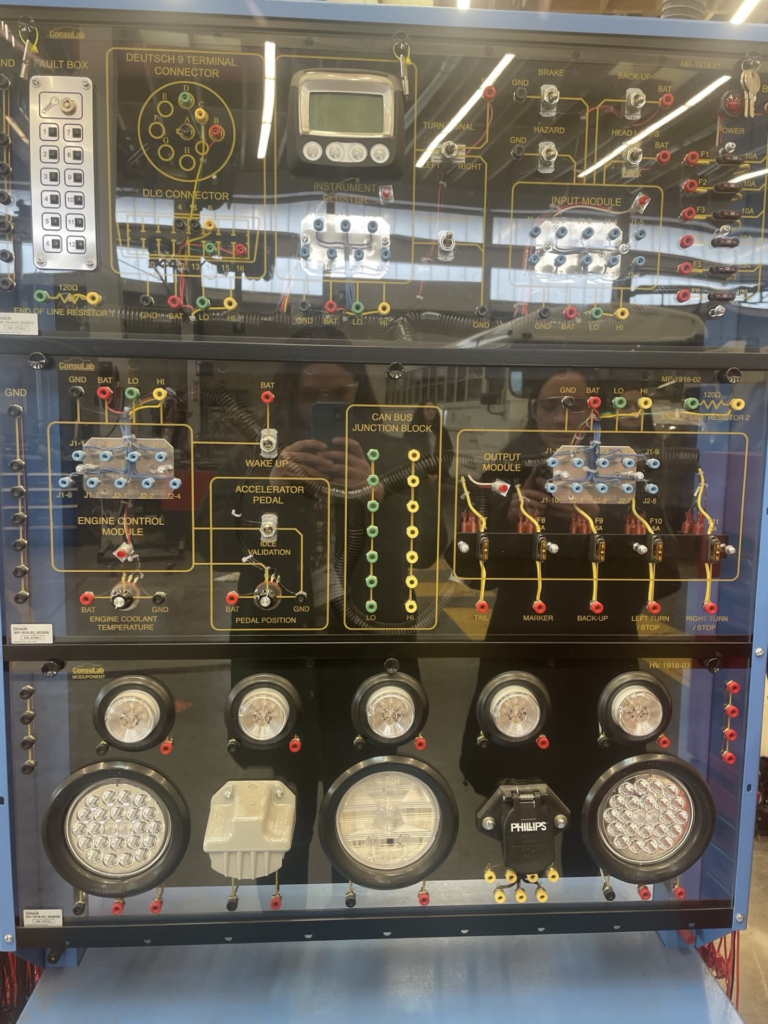
Throughout this program, I have taken an interest and have worked at building relationships with students and colleagues. Relationships are an essential foundation to student learning. Learners need to feel that they can trust their teacher and feel part of the classroom culture to get the most out of their experience at school. Doug Borden was our tour guide for the morning. We went into many different buildings and shops and he interacted with so many people. The relationship and knowledge he had of what his students were working in was extremely evident. That is the type of relationship and knowledge that all teachers should strive to establish with their learners.
Having this knowledge of our learners interests and learning styles helps us better serve our learners. There are many learners that do not respond well to the style and structure of the traditional classroom; however, in the trades environment as we saw at CNC, works well for students who need to be constantly moving and engaging with experiential learning. The importance and benefits of experiential learning was evident and is a key component in getting our students to their next step. These programs are equipping students with some extremely important skills and they are all engaging in inquiry to some degree. They had a question or an area of curiosity and are practicing the skills necessary to excel in that area. It was inspiring to see and made me realize something that I want to embed in my practice. I want to create space for personal inquiry in my classroom. Students wonder about really interesting things. I feel that they should have the space to look into some of their own questions. During this space student can learn about what interests them personally and create a memorable learning experience. I want my students to be the leaders in their own learning. Prioritizing inquiry makes the learning relevant to the individual learning and gets students thinking about what is next in their learning journey.
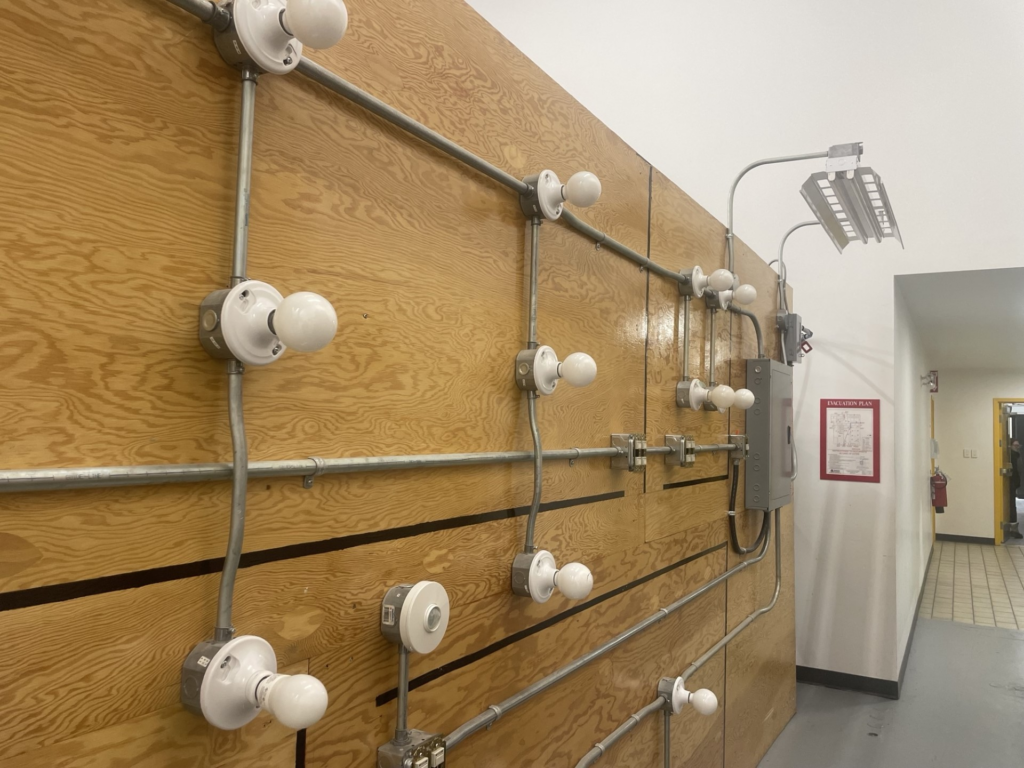
Showing our students what is out there and fostering their interests is essential in helping our students work out their next steps. Traditionally school has focused strictly on promoting academia, but this is not the only type of learning out there. All types of learning and perspectives need to be validated. There are so many areas of success that we should educate our students on so they are aware of these possibilities. Moving away from the idea that there is only one “correct” way to pursue a learning journey. Going into my teaching practice for any grade I want to make sure that all of my students know what options they have in terms of inquiry and potentially future careers. I want them to be aware of what the next steps in their individual journey could look like should they choose that path.
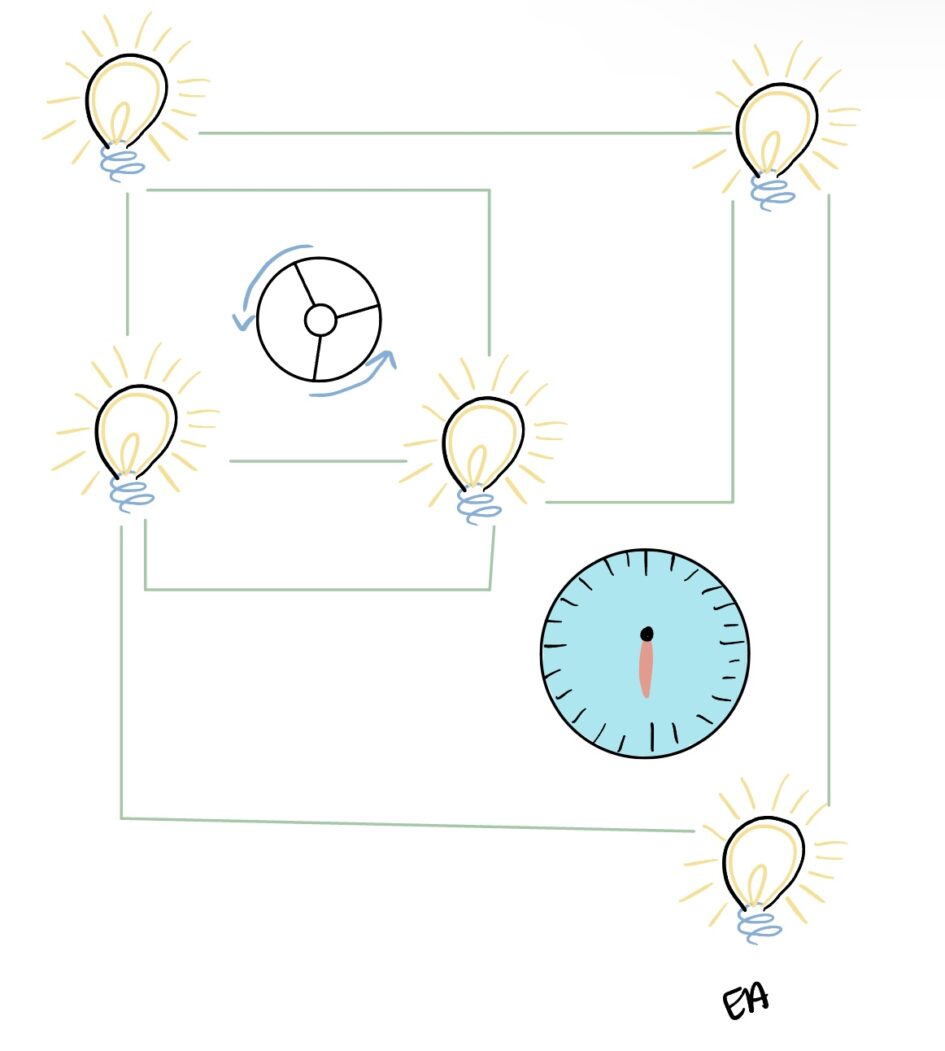



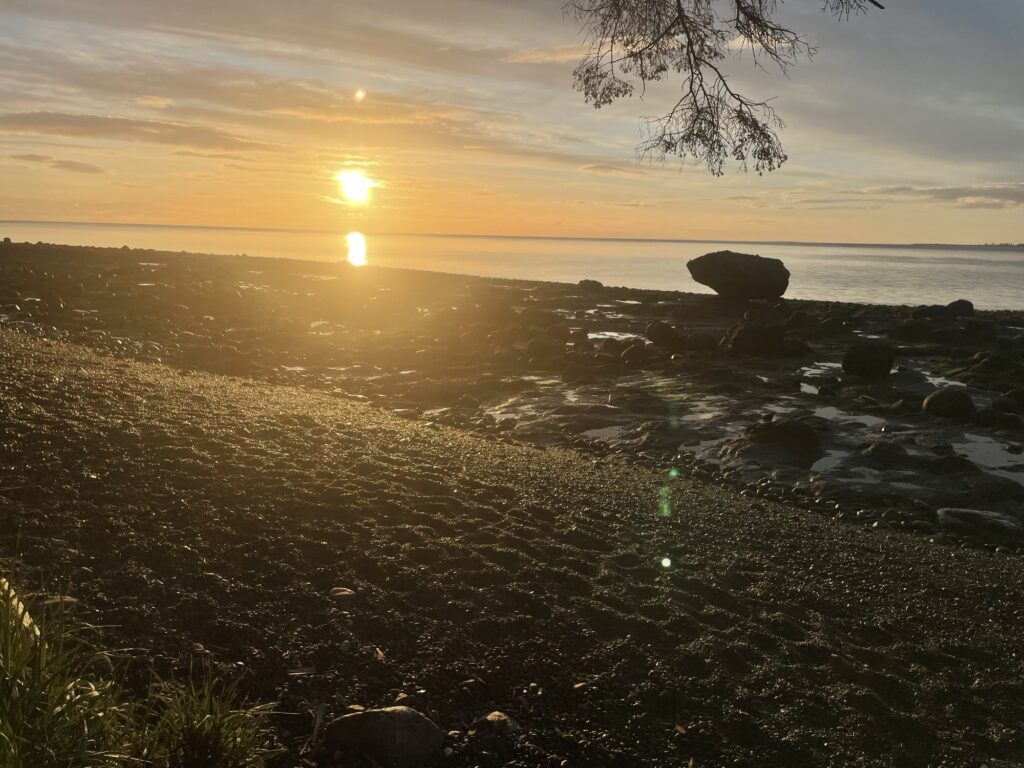
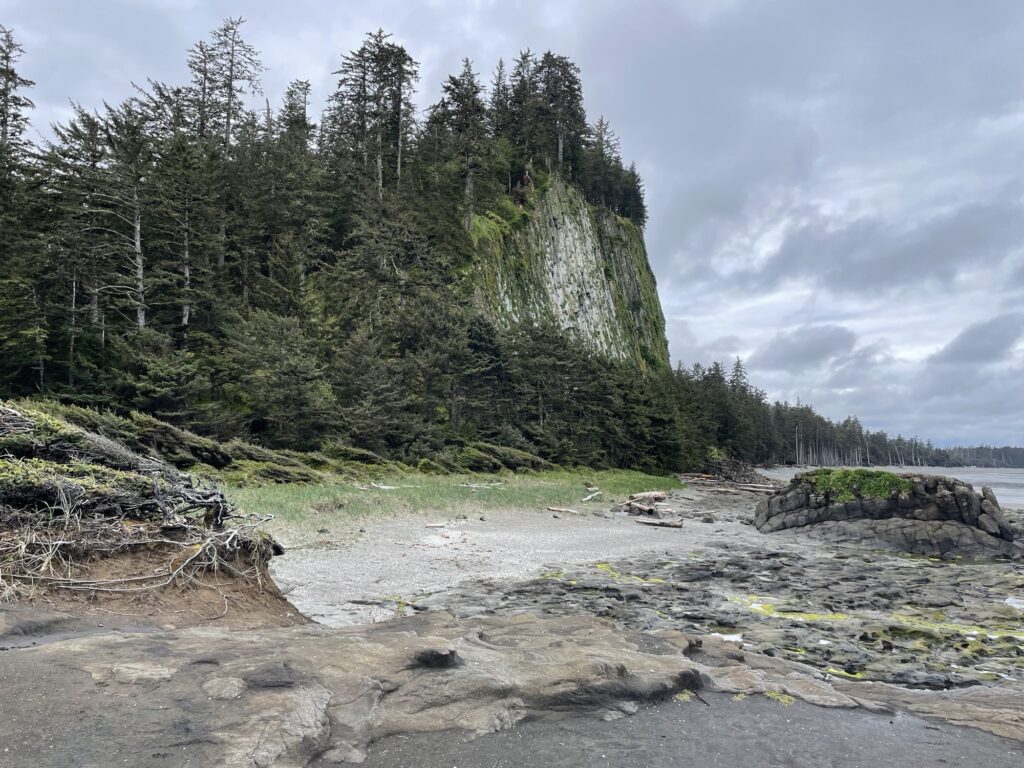
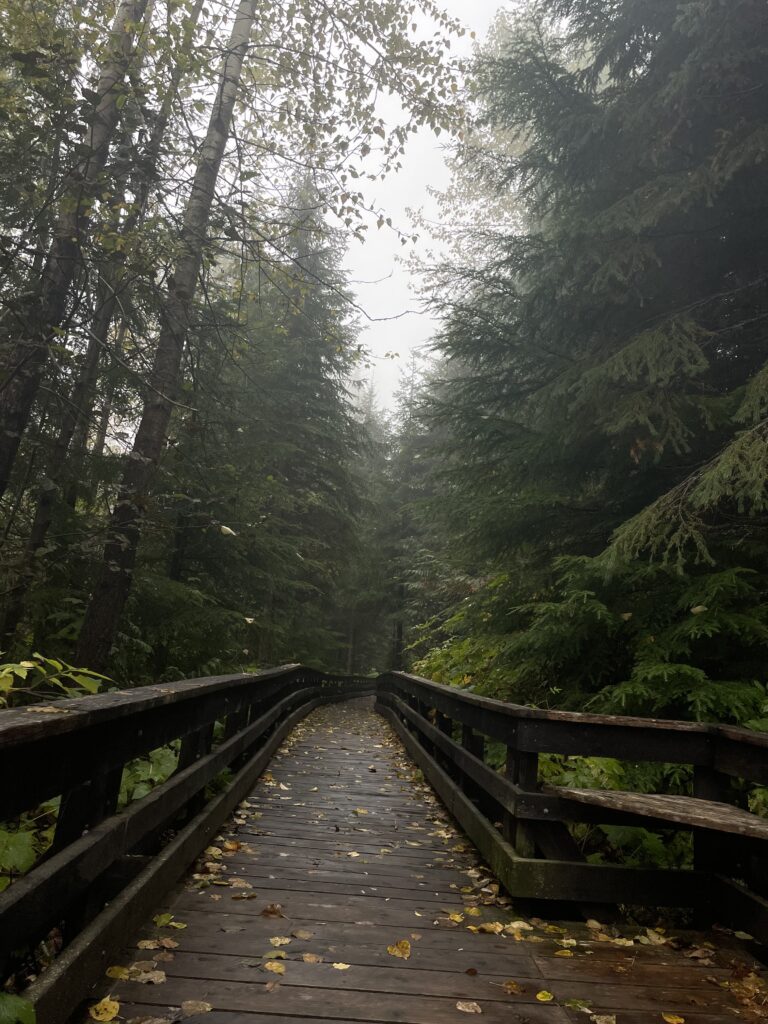
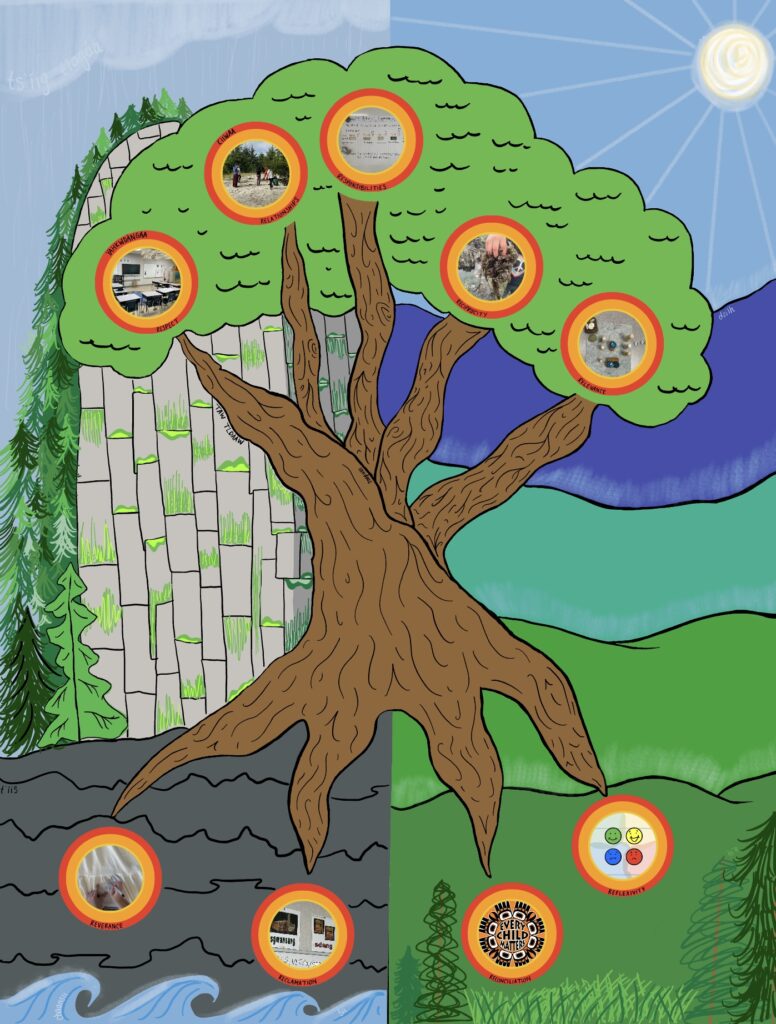
Leave a Reply